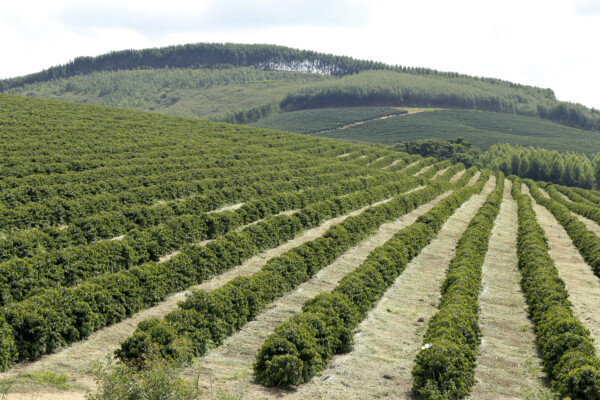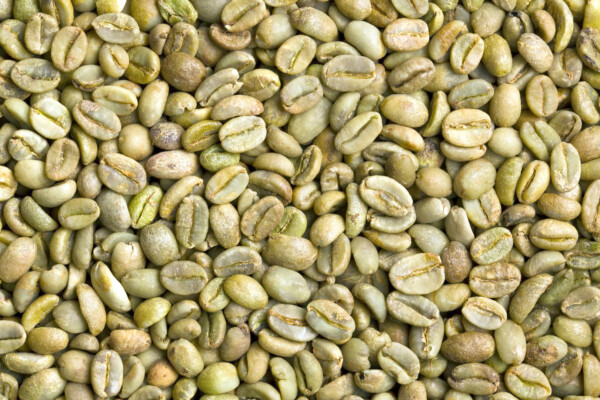
Cecafé follows and acts proactively on all issues related to new regulatory trends in key global markets. As frequently reported, the sustainability agenda for 2022 features several regulatory projects under discussion on the European continent to oblige companies to account for how they address environmental and social issues.
They include proposals from the European Union and the United Kingdom (the latter already at the regulatory stage), for mandatory due diligence (DD) by companies, to measure and mitigate deforestation risks in supply chains. In Germany, a similar legislation passed in 2021, with application starting in 2023, demanding that companies monitor risks and report human rights and environmental infringements, extending DD obligations to foreign suppliers.
In this regard, the Committee on the Environment, Public Health, and Food Safety (ENVI)¹ , recently approved a proposal for due diligence, related to commodities imports linked to deforestation risks, after reviewing thousands of amendment proposals. According to the official agenda, the document was sent to the European Parliament for voting on September 12th of this year.
It is important to highlight that the voting will occur within Parliament, as well as in the legislative instances of each of the member States, which demands efforts and possibilities of new due diligences by the economic and third sectors, and civil society.

In this scenario, the tendency is that the traceability in agrifood chains and sustainability programs will emerge as relevant DD tools and can become requirements for access to more demanding markets.
Aware of current trends, Cecafé—as the representative of Brazilian coffee exporters— has increased participation in national and global events to present sustainable practices and the specificities of Brazilian coffee agribusiness.
Invited by the International Trade Center (ITC), Cecafé represented Brazil at the “Implications of the proposed UE regulation on deforestation-free products” round table, with representatives from the private sector, certifiers, as well as representatives for the European Commission (Ms. Astrid Ladefoged, head of Unit for Planetary Common Goods, Universal Values & Environmental Security, in DG Environment at European Commission), among others.
On the occasion, it was shown that Brazilian coffee is associated with environmental preservation and the increase in the Human Development Index (HDI) and, therefore, new regulations must seek to improve and strengthen sustainable actions. Without communication, and an inclusive, cooperative agenda, new actions may generate restrictions to the global trade flow, social exclusion of producer countries, and pressure on countries’ inflation rate.
From an international perspective, throughout the second semester 2022, Cecafé’s agenda includes discussions with the private sector and authorities in Paris-France and Geneva-Switzerland, always highlighting sustainability, qualities, and diversities of Brazilian coffee.
Also worth mentioning are several relevant participations in internal events, such as in the 21st Brazilian Agribusiness Congress, organized by ABAG in partnership with B3, and in the 5th Global Agribusiness Forum (GAF), both held in São Paulo (SP).
The discussion guide is that communication, image promotion, and integration are critical for Brazilian agribusiness to broaden global competitiveness and produce more, at an even higher level of environmental conservation. integration must be global, among public and private sectors, production chains, both academic and corporative, and between countries.
The events mentioned above focus on sustainable development and pressingly seek to discuss the global challenges and opportunities related to food security, sustainability, climate anomalies, strengthening tropical agricultural practices. Brazilian coffee is recognized worldwide for its quality and sustainability and has been leading and expanding responsible actions in ESG times.
Examples of this are the opportunities and challenges for the sector to lead the carbon agenda. Scientific results presented by Cecafé indicate that the adoption of best practices in coffee growing (compared to traditional farming, which is already “carbon negative) generates additionality in carbon sequestration, as it retains even more CO2eq in the soil and in the plant than it emits into the atmosphere.
Considering the transition from traditional to a more conservationist farming, the average of the assessed properties recorded a negative carbon balance of 10.5 ton of CO2eq per hectare per year, proving that Brazilian coffee farming is an important asset for mitigating climate change.
The actions of institutional representation and the expansion of projects and programs from the export sector are in line with the greener signs of the world economy and may open doors for Brazil to access the benefits, credits, and recognition for the activities that respect ESG criteria.
¹ Document available on: https://www.europarl.europa.eu/doceo/document/ENVI-AM- 31737_EN.pdf.
Marcos Matos
CECAFÉ CEO
Silvia Pizzol
CECAFÉ Sustainability Manager


Leave A Comment